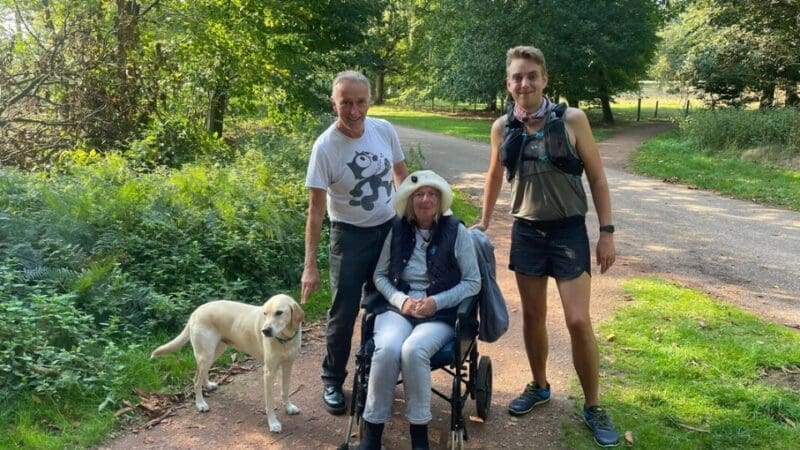Some eating and drinking issues associated with dementia can lead to weight loss and malnutrition. Although the problems may be directly related to their dementia, there may be underlying medical issues such as:
- depression
- mouth pain or dental problems
- difficulty swallowing
- infections or other physical illnesses
- constipation, which can make people feel full and uncomfortable
If you have noticed changes in the person’s appetite, eating or drinking habits, it’s a good idea to book a check-up with their GP or dentist to rule out other causes. Not eating or drinking enough can lead to issues like dehydration, constipation, urinary tract infections (UTIs) and weight loss, which may make their dementia symptoms worse.
If the person has difficulty swallowing, ask your GP for a referral to a Speech and Language Therapist. They can assess the problem and suggest foods that the person can eat more easily.
If they need to eat pureed food, be aware that this can be less nutritious. You could try:
- adding skimmed milk powder (from most supermarkets) to food
- mixing skimmed milk powder with milkshake powder and full fat milk to create a high nutrient drink. Choose milkshake powders that are fortified with vitamins, and encourage them to drink one pint a day
- asking their GP or dietitian about the possibility of prescribing high-nutrient, high-calorie meal supplement drinks
While most younger people are advised to follow a low fat, low sugar diet, older people and those with dementia need more nutrients, protein and calories. Ideally, they should also take a 10 microgram vitamin D supplement (available from pharmacies) every day.



